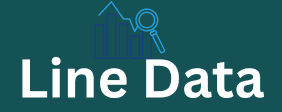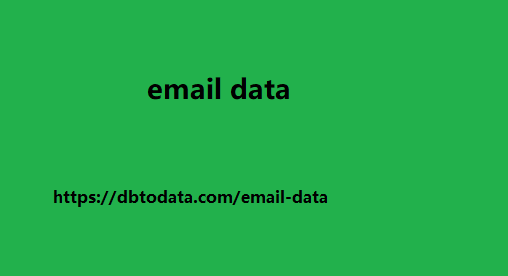Corruption remains a pervasive challenge across the globe, undermining development, promoting inequality, and eroding trust in institutions. Anti-corruption measures are essential to ensure transparency, fairness, and accountability in both public and private sectors. Establishing strict ethical standards and anti-corruption policies helps prevent misconduct, fosters good governance, and ensures that resources are used effectively for the benefit of society.
Key Principles of Ethical Conduct
Ethical standards in the workplace are designed to promote integrity, honesty, and accountability. These standards are rooted in principles such as fairness, respect for others, and compliance with laws and regulations. Organizations should implement clear codes of conduct that emphasize zero tolerance for corruption, encourage transparency in decision-making, and require employees to report unethical behavior.
Preventative Measures and Strategies
Prevention is the most effective approach to combating corruption. This involves implementing strong internal controls, regular germany email list audits, and establishing channels for employees to report concerns confidentially. Training and education programs for staff on recognizing and avoiding corrupt practices can also help foster an organizational culture based on ethical values.
Transparency and Accountability
Transparency is a cornerstone of anti-corruption initiatives. Organizations should ensure that financial dealings, procurement processes, and contracts are open to scrutiny by both internal and external stakeholders. Accountability mechanisms, such as independent audits and regular reporting, are critical to hold individuals and organizations responsible for their actions, preventing the misuse of power and resources.
Legal Frameworks and Enforcement
Effective anti-corruption strategies require strong legal frameworks to punish corrupt behavior and deter potential wrongdoers. Governments and regulatory bodies must enforce strict penalties for corruption-related some of the elements you should measure are offenses. International cooperation, through conventions like the United Nations Convention Against Corruption (UNCAC), strengthens cross-border efforts to combat illicit activities and hold individuals accountable, regardless of their location.
Challenges and Future Directions
Despite the progress made in combating corruption, many challenges remain. Particularly in regions with weak governance structures or where kuwait data corruption is deeply ingrained. Continued vigilance, innovative solutions, and global. Collaboration are necessary to tackle new forms of corruption, such as digital or cyber-related corruption. The promotion of ethical leadership at all levels, alongside robust anti-corruption practices, will be crucial for sustaining long-term success in the fight against corruption.

